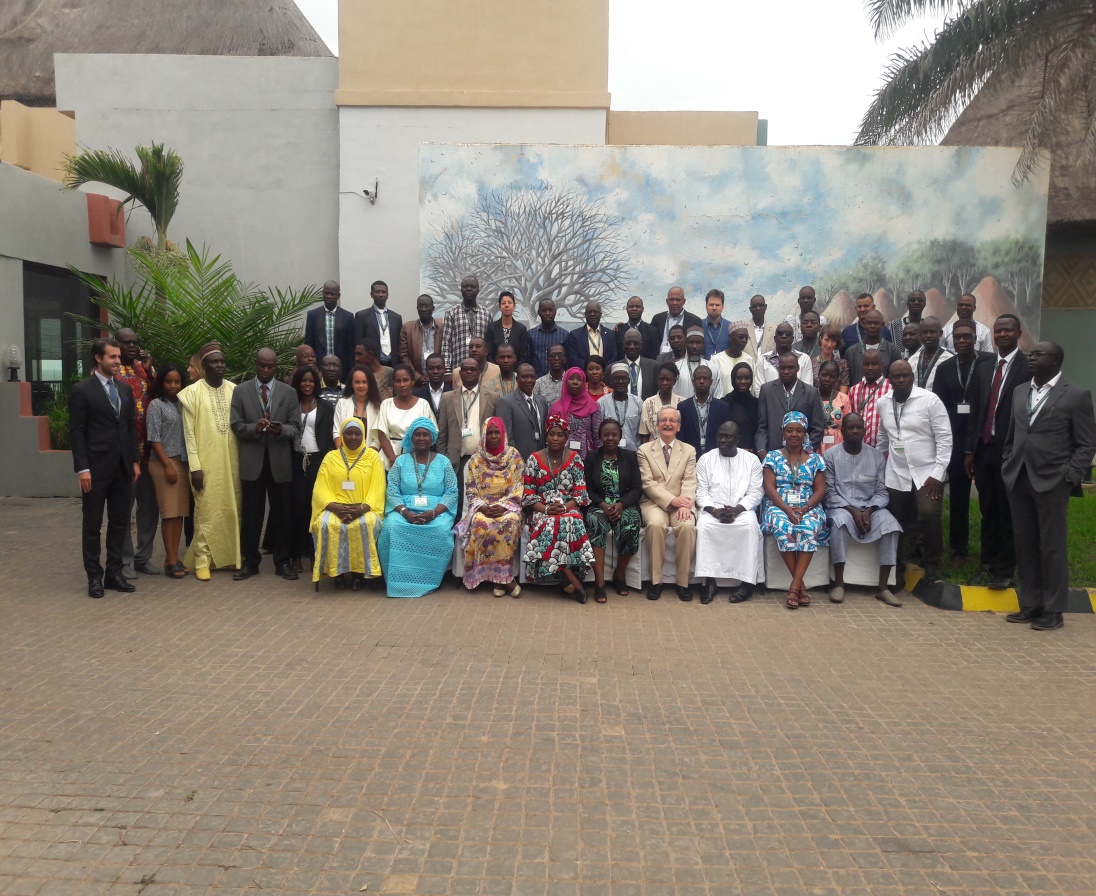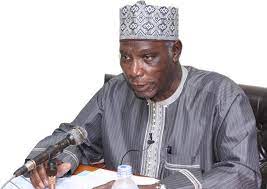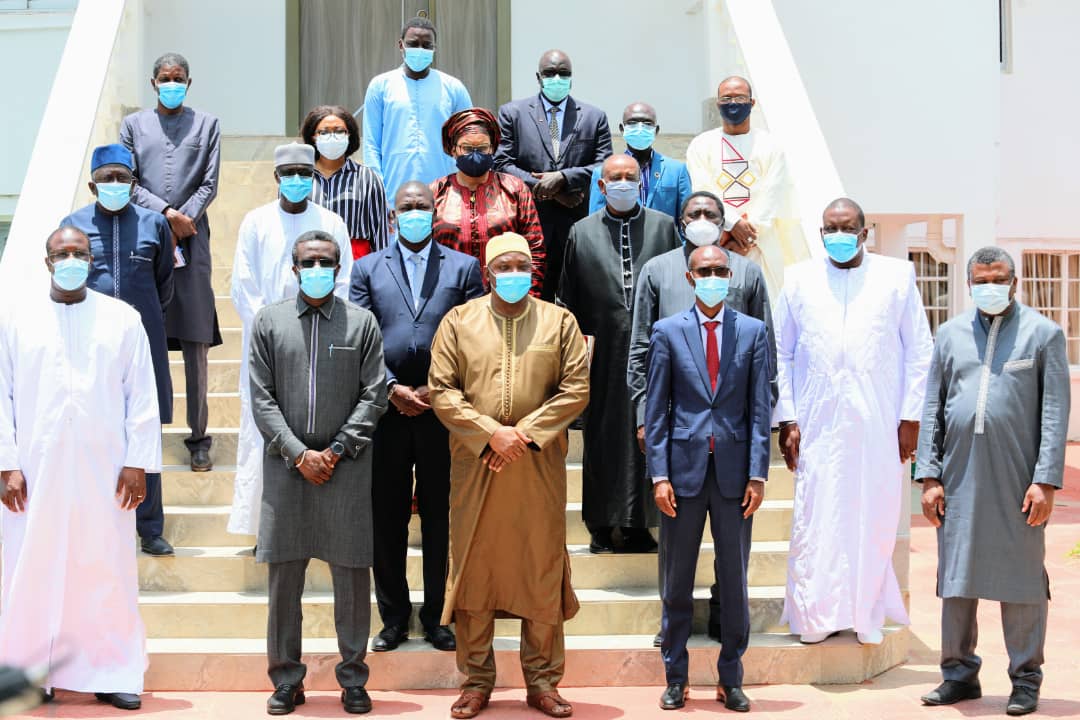Global Environment Facility (GEF) Sahel West Africa forum with a view to keeping stakeholders abreast with its strategies, policies and procedures, and to encourage coordination of efforts towards global environmental protection opened today Thursday.
This regional dialogue provides stakeholders with the opportunity to interact with the staff from GEF Secretariat and agencies in the region to discuss priority issues and share lessons, experiences and best practices.
Minister of Environment, Climate Change and Natural Resources, Lamin Dibba said the continent of Africa suffers the most of current environmental challenges ranging from Climate Change impacts, land degradation, loss of biodiversity and the associated socio-economic and livelihood losses.
“In our West Africa sub-region, the extent of Climate Change impacts, loss of biodiversity and land degradation have impacted negatively on the lives and livelihood of vulnerable communities, whose capacity to adapt to those impacts are hampered by poverty,” he said.
“Our sub-region`s biodiversity is at risk of depletion due to continuous habitat destruction and increased urbanization and cultivation. Furthermore, the sub-region is faced with challenges on waste management issues, sanitation and eventually public health related problems”. Minister Dibba revealed.
According to him, the Gambia like many other developing countries, the burden of Climate Change impacts with its associated environmental and socio-economic losses continue to drive natural resource degradation faster than ever in recent years due to increase in human population that results to an increase in urbanization and dependence on the limited resources.
He further noted that the decline in annual average rainfall and high consumption rates of our forest resources continue to negatively impact on the lives and livelihood of vulnerable countries.
He also said in order to address these challenges, both preservation and protection measures at the highest level of governments must be adhered to through national policies, programmes and legislations that are geared towards enhancing regional cooperation and collaboration for the present and future generations.
He added that in the Gambia, such policies include the current National Development Plan 2018 – 2021 clearly identifies to promote environmental sustainability, climate resilient communities and appropriate land use as a critical enabler for the attainment of our sustainable development agenda over the period.
Dodou Trawalley, the Executive Director of the National Environment Agency (NEA), and the national GEF operational focal point disclosed that GEF funds are available to developing countries and countries with economies in transition to meet the objectives of the international environmental conventions and agreements.




